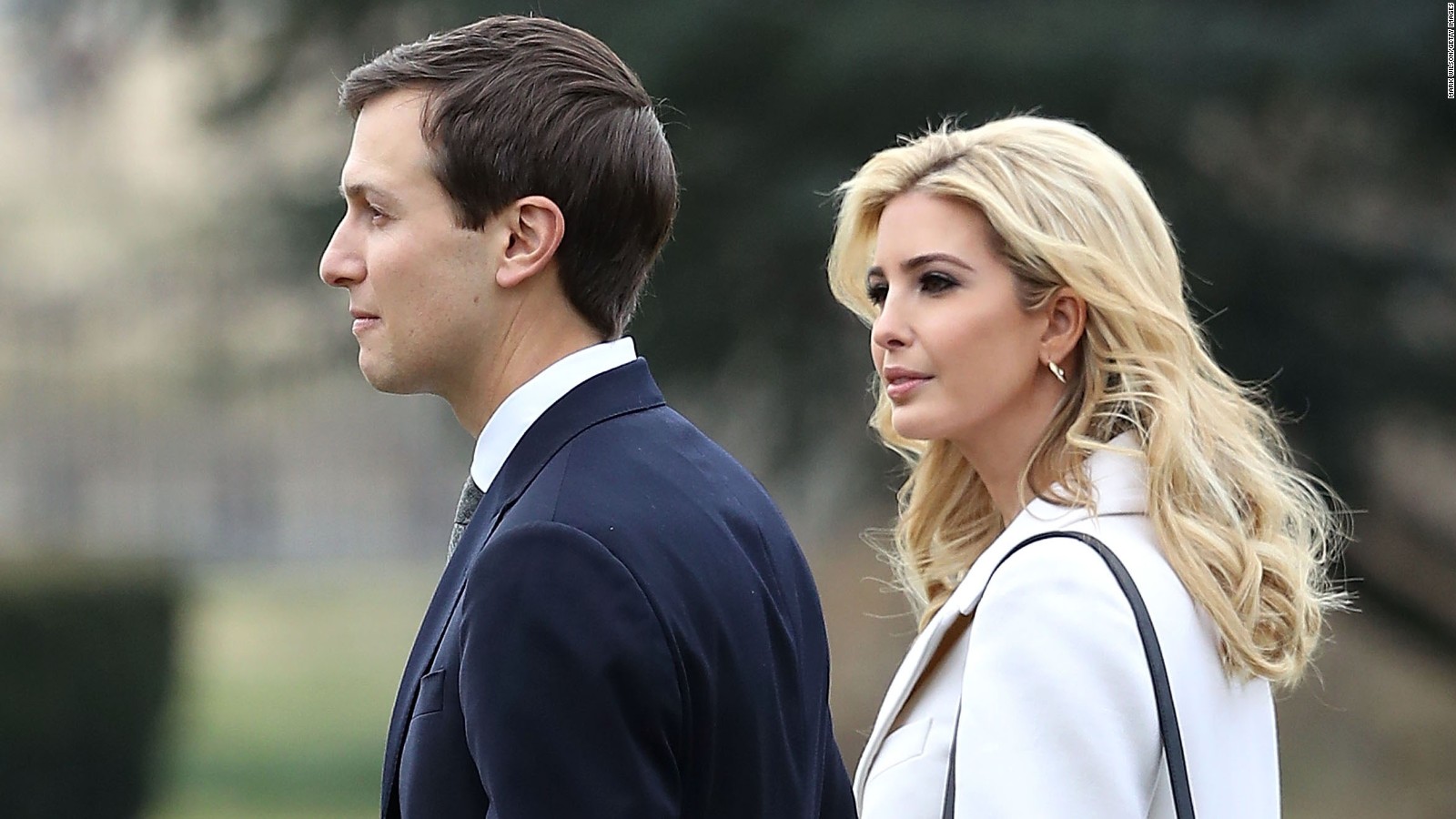The latest associate surrounding Donald Trump to be tarred by anonymous sources in the Washington Post is his own son-in-law, Jared Kushner. It was alleged late last week that Kushner had sought to open a back channel of communication with the Kremlin using Russia’s own secure communications network to circumvent any possibility of leaking what conversations took place.
The White House has gone full tilt in vehemently defending Kushner and saying that the back channel idea was proposed by the Russian Ambassador, not Kushner. This according to The Hill:
Press secretary Sean Spicer sought to cast doubt on the veracity of media reports that Kushner had sought a secret communications channel with Russia during the presidential transition, while simultaneously defending Kushner’s alleged conduct.
“Your question assumes a lot of facts that are not substantiated by anything but anonymous sources that are being leaked out,” Spicer told reporters during the White House’s first daily press briefing since Trump’s nine-day trip overseas.
But Spicer also pointed to remarks from senior administration officials that “in general terms … back channels are an appropriate part of diplomacy.”
He declined to confirm the details of Kushner’s December meeting with the Russian ambassador, including what the president knew and what was discussed.
Earlier in the day, the Trump retweeted a single-source Fox News article reporting that the Russian ambassador, not Kushner, had suggested a secure back channel for communication.
As the story mentions, President Trump retweeted a story from Fox News which pushed back against the Washington Post story by also citing anonymous sources, but this time in defense of Kushner:
During the meeting the Russians broached the idea of using a secure line between the Trump administration and Russia, not Kushner, a source familiar with the matter told Fox News. That follows a recent report from The Washington Post alleging that Kushner wanted to develop a secure, private line with Russia.
The idea of a permanent back channel was never discussed, according to the source. Instead, only a one-off for a call about Syria was raised in the conversation.
In addition, the source told Fox News the December meeting focused on Russia’s contention that the Obama administration’s policy on Syria was deeply flawed.
Now, the conservative Daily Caller is questioning the Post’s reporting and referring to an “anonymous letter” on which the original Kushner story was based:
The Washington Post editors refuse to publicly release the smoking gun “anonymous letter” that serves as the foundation of their sensational charge that White House advisor Jared Kushner sought a secret, back-channel to Russian officials.
The “anonymous letter” was part of a front-page article claiming the president’s son-in-law sought to set up a private communications channel to Russian officials during a discussion with Russian Ambassador Sergey Kislyak. The piece was published Sunday and received high profile coverage throughout the long Memorial Day weekend.
…
To date, there has been no independent verification the letter is real or that WaPo’s description of its contents is accurate. The Washington Post editors also never explain why they withheld the letter.
Just because a source is anonymous doesn’t make them untrustworthy or inaccurate, it just means they want their identity protected in exchange for information. It’s standard operating procedure, especially from whistleblowers often within the government. However, usually an anonymous source must be corroborated by other details in order to build a journalistic case for running with a story.
The Post story could be 100% correct, or it could be 100% wrong, we can’t really be certain without knowing the full nature of the anonymous source on which the story is based. Beyond the story itself, if the premise is true, what are the ramifications? If it’s true that Kushner requested a secure line with Moscow and then held private conversations which undermined his own government, that could be serious. If, on the other hand, it never happened or the back channel was discussed merely for diplomatic purposes, as is often the case, then there is no story here.
I suspect the truth, once again, lies somewhere in between and will also be filed in the “we may never know” pile, which is growing awfully large.
Donate Now to Support Election Central
- Help defend independent journalism
- Directly support this website and our efforts
